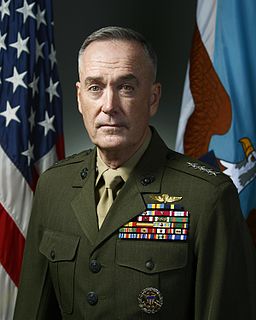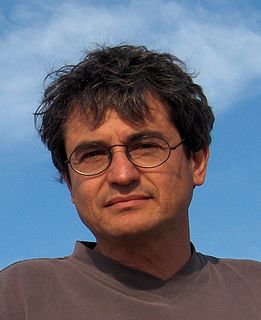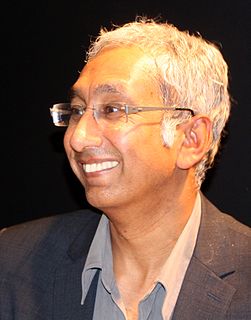A Quote by Stephen Jay Gould
Without a commitment to science and rationality in its proper domain, there can be no solution to the problems that engulf us. Still, the Yahoos never rest.
Related Quotes
Medicine is a social science, and politics is nothing else but medicine on a large scale. Medicine, as a social science, as the science of human beings, has the obligation to point out problems and to attempt their theoretical solution: the politician, the practical anthropologist, must find the means for their actual solution. The physicians are the natural attorneys of the poor, and social problems fall to a large extent within their jurisdiction.
Love without truth is sentimentality; it supports and affirms us but keeps us in denial about our flaws. Truth without love is harshness; it gives us information but in such a way that we cannot really hear it. God's saving love in Christ, however, is marked by both radical truthfulness about who we are and yet also radical, unconditional commitment to us. The merciful commitment strengthens us to see the truth about ourselves and repent. The conviction and repentance moves us to cling to and rest in God's mercy and grace.
We need an international solution to the challenge of climate change, there's no question about it. But the real key is, can you actually get that - or get that solution - without the US' involvement? Can you not lead domestically, and expect the rest of the world will take action... the US needs to lead, we need to be out there.
We cannot point to a single definitive solution of any one of the problems that confront us — political, economic, social or moral, that is, having to do with the conduct of life. We are still beginners, and for that reason may hope to improve. To deride the hope of progress is the ultimate fatuity, the last word in poverty of spirit and meanness of mind. There is no need to be dismayed by the fact that we cannot yet envisage a definitive solution of our problems, a resting-place beyond which we need not try to go.
The US is not a superpower. The US is a financially dependent country that foreign lenders can close down at will. Washington still hasn’t learned this. American hubris can lead the administration and Congress into a bailout solution that the rest of the world, which has to finance it, might not accept.
Science is the search for the truth--it is not a game in which one tries to beat his opponent, to do harm to others. We need to have the spirit of science in international affairs, to make the conduct of international affairs the effort to find the right solution, the just solution of international problems, and not an effort by each nation to get the better of other nations, to do harm to them when it is possible. I believe in morality, in justice, in humanitarianism.
Rationality and the instinct of collaboration have already given us large regions and long periods of peace and prosperity. Ultimately, they will lead us to a planet without countries, without wars, without patriotism, without religions, without poverty, where we will be able to share the world. Actually, maybe I am not sure I truly believe that I believe this, but I do want to believe that I believe this.
My idea of philosophy is that if it is not relevant to human problems, if it does not tell us how we can go about eradicating some of the misery in this world, then it is not worth the name of philosophy. I think Socrates made a very profound statement when he asserted that the raison d'etre of philosophy is to teach us proper living. In this day and age 'proper living' means liberation from the urgent problems of poverty, economic necessity and indoctrination, mental oppression.
Moral questions may not have objective answers-whether revealed by God or by science-but they do have rational ones, answers rooted in a rationality that emerges out of social need. That rationality can only be discovered through exercising the human potential for rational dialogue, the potential for thinking about the world, and for discussing, debating and persuading others. Values can never be entirely wrenched apart from facts; but neither can they be collapsed into facts. It is the existence of humans as moral agents that allows us to act as the bridge between facts and values.





































